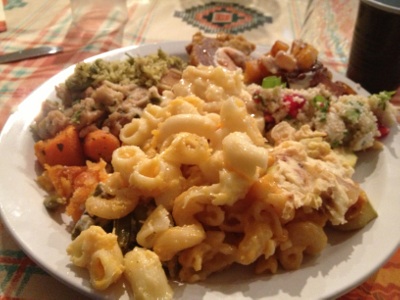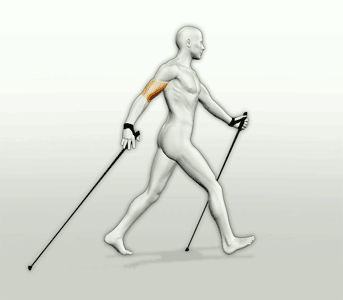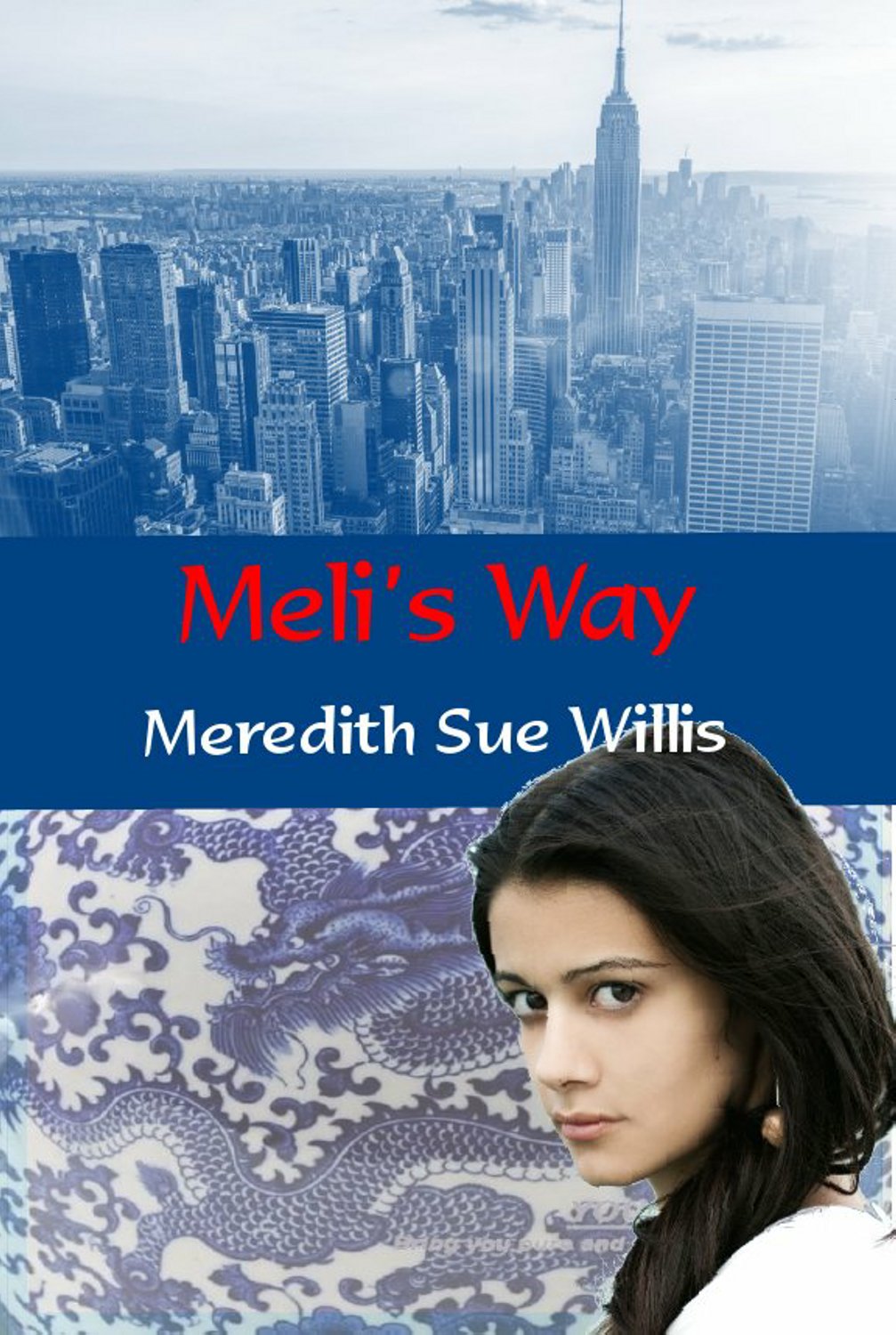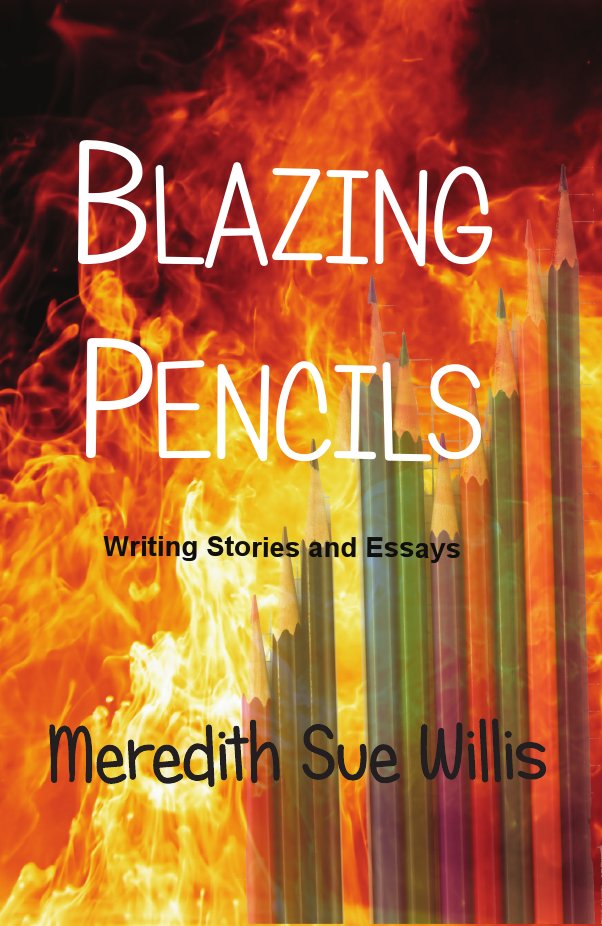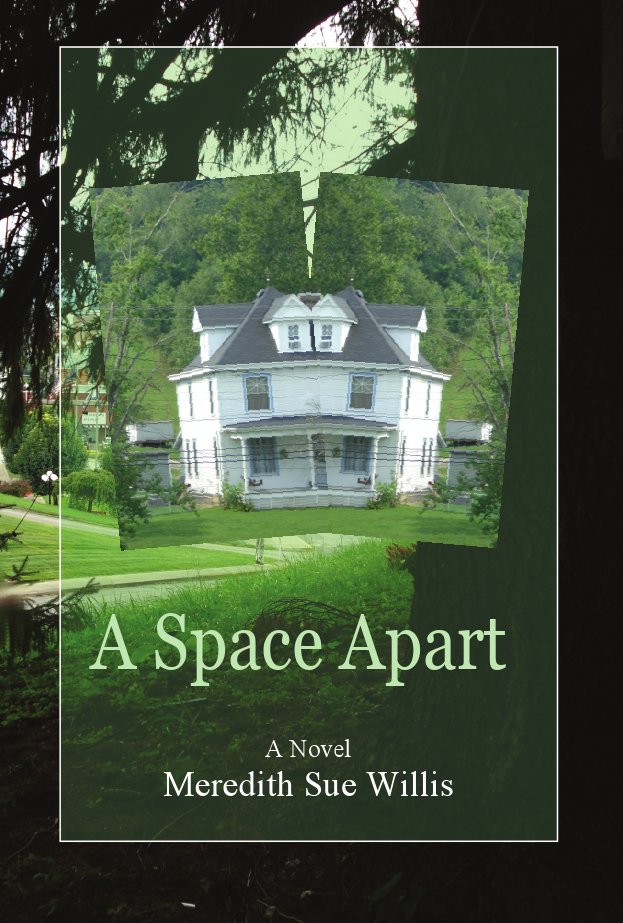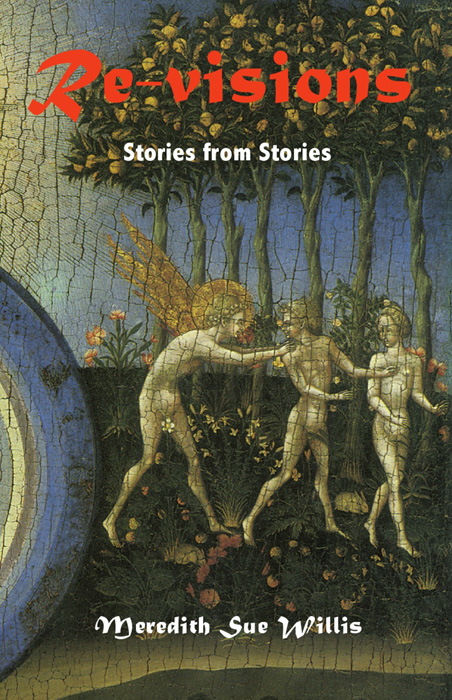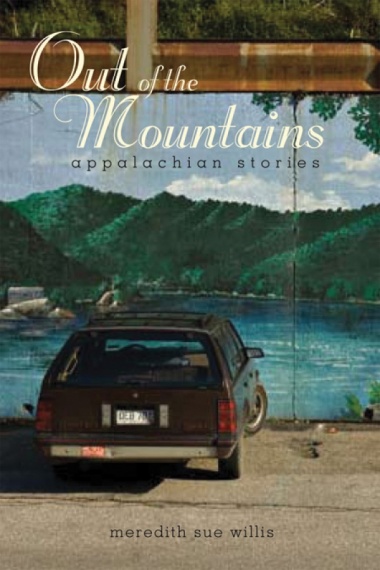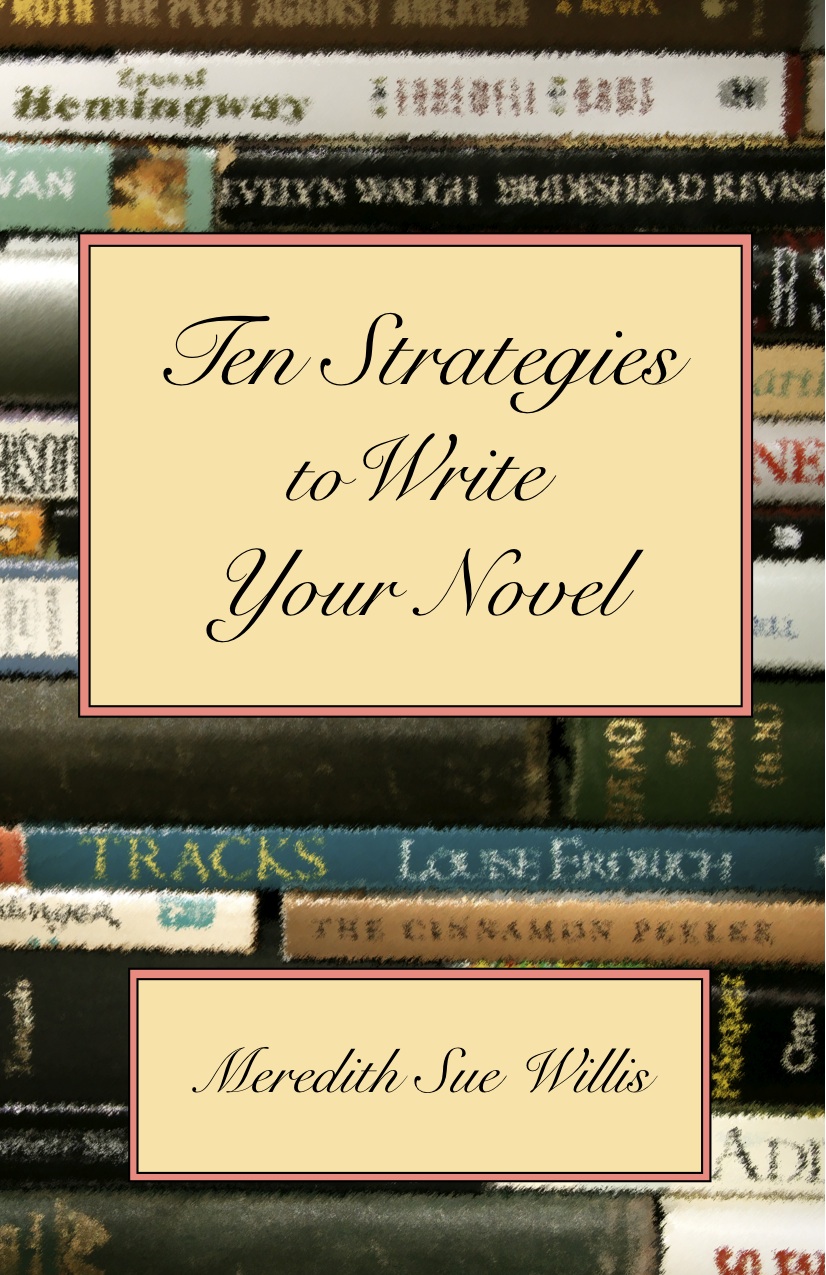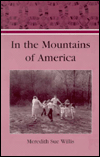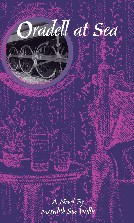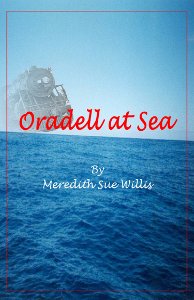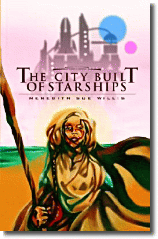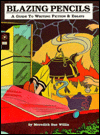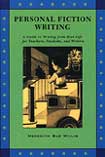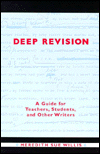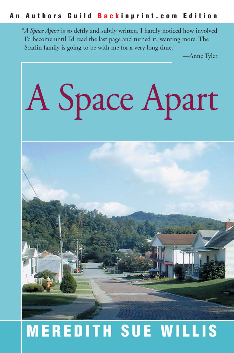Writing Exercises 301-330 are on this page.
Exercises 1- 20
Exercises 21- 40
Exercses 41 - 60
Exercises 61-80
Exercises 81-100
Exercises 101 - 120
Exercises 121 - 140
Exercises 141 - 160
Exercises 161 - 180
Exercises 181 - 200
Exercises 201 - 240
Exercises 241 - 260
Exercises 261 - 300
Exercises 301 - 330
Exercise # 301
Try writing a short short story in first person plural. Make it a story that some group is tellng. Here is an excellent example from the Bellevue Literary Review:"Sisters of Mercy."
Exercise # 302
Write a piece in which a meal is served, and there is a conflict, overt or hidden, about the food: is there not enough of the main course to go around? Is someone a vegetarian who doesn't want to ask if the soup stock has chicken? Does someone have a religious or cultural problem?
Exercise # 303
I just reread Madame Bovary. Try writing a piece set today in which a man or woman's values are corrupted by popular culture. This could be advertising or movies or video games or even peer pressure. Does it lead to disaster as it does in Flaubert's classic novel? Is there a different ending? Does it end up humorous?
Exercise # 304
There's a great Frank Bruni op-ed piece called "When Italians Meet Turkey" in today's New York Times about how his family celebrates Thanksgiving by eating and eating and eating some more. It's funny and touching.
Write something-- or put something into your longer work-- about eating too much (it doesn't have to be Thanksgiving).
Exercise # 305
I like short real-life biographies like the "people we lost" obituaries that appear at the end of the year and also the The New York Times Neediest Cases series that tell true short stories of people who fall behind financially or for various reasons have no safety net or family support. By receiving a relatively small monetary gift from one of various local charities (Children's Aid Society, Catholic Charities, Protestant Charities, UJA Federation, etc.) these people often get back on their feet. Then, of course, the reader is encouraged to donate.
It's the sheer ordinariness of these little true stories--not their shock value or amazing coincidences -- that moves me.
TRY THIS: Write over 5 days, one a day, @250 to 500 word true stories of real life loss, or adversity overcome, or just life lived. Do a different person each day: someone you know or read about or perhaps someone in your family.
Don't bother with research, but do aim to make these stories as objective as possible, with few overt calls to emotion. Focus on the narrative and the bright, quotidian surprises of real life.
Exercise # 306
Write something with siblings in it. It might be an ode to a sister or brother, possibly mock-heroic or otherwise humorous; a story about a boy who always wanted his parents to have another baby; a scene or story in which two siblings get locked in a serious competition; or anything else with siblings in it.
Exercise # 307
Describe a death. This could, obviously, be the beginning of a murder mystery (see notes on murder mysteries here) or it might be the death of a pet or a family member. Even something so familiar and strange and inevitable and terrible as death-- or perhaps especially death-- is an excellent way to start a piece of writing.
Exercise # 308
Write something that begins with snow: "It had been snowing for three days without cease..." "My cousin Tania had never seen snow before..." "If we hadn't had a snow day at school, I would never have..."
.
Exercise # 309
Write a scene from your fiction or an incident from your experience that has always interested you. Short is better for purposes of this exercise. Write it however it comes out-- in first person, or as an omniscient narrative.
Now write it again, switching point of view: if you did it omnisciently, write it in the first person from one person's point of view. Or, conversely, if you wrote it in first person, write it again in a close third person or with the grand distance of the all-seeing all-knowing omniscient.
How does the passage feel in its different modes?
(Look at this point of view chart if you aren't sure of definitions--or want to try soemthing different)
Exercise # 310
Write a poem or short prose piece in which you speak in the voice of some figure from legend or myth or story and give your own version. We recently saw the Angelina Jolie movie about the allegedly evil fairy from Sleeping Beautiy, which is, needless to say, a different story altogether from Maleficent's point of view!
Here's a really interesting poem by Ansel Elkins in the voice of the Biblical Eve:
Wearing nothing but snakeskin
boots, I blazed a footpath, the first
radical road out of that old kingdom
toward a new unknown.
Exercise # 311
A person is walking in a city. Have him or her (or you) observe in detail. Show, without saying explicitly, what city it is, and also what year, or at least approximately what year.
Exercise # 312
Describe a person getting dressed. If you're looking at this as a starter for a story or personal memoir, consider a memory--watching your mother get ready for a grown-up party or watching your father get dressed for work....
If you are working on a novel or a long story, try this: one of your main characters is choosing what to wear and putting it on for an important event.
In either case, concentrate on physical action and (if it is a first person or close third) on what the observer is learning or feeling about the other character.
Exercise # 313
Put an exotic animal in your writing. If you are writing a novel or memoir, add a creature who is not native to the setting: a tiger in a zoo or a bracelet in the form of an encircling python.
If you are looking for a new start, think of some exotic animal and using it as a jumping off point. "The wolverine always returned to its kill..."
Exercise # 314
Take a memory from your childhood, a time you interacted with an adult in your life: parent, grandparent, aunt or uncle. Write the memory as you remember it. Imagine it again, from the adult's point of view.
Write it a third time, interspersing the two versions.
Exercise # 315
Faces

Imagine or remember a face. This might be someone from childhood or a face you saw on the train last week.
Describe just the face in more detail than you usually do.
Write some back story for this person.
Who are the two most important people in this one's life? Briefly sketch a sentence about her or his relationship with each of them.
What is the conflict between the person and each ot them?
Where might this lead you in a story?
Click here if you want to know who the face is...
Exercise # 316
Do some research on a particular year that has always interested you (your birth year? The year the Berlin Wall came down?). Alternatively, choose a random year that has absolutely no resonance for you. Get a chronology and a few facts off the Internet, then go to the library and try to find some old newspapers and magazines that will have ads for cars and clothes.
Write a piece that begins with something in the news (a heat wave? war? sports? an actor dies?) and then go wherever it takes you.
Exercise # 317
Write a short dialogue for two characters (or start with one you've already drafted).
Write it once as a phone conversation
Once as a written exchange (e-mail? texts?
Once face to face indoors with the setting described.
Once face to face outdoors with the setting described
Which works best in this case? What can you take from one and use in the one you like best?
Take your notebook or your laptop or your tablet to some very familiar place: your bed, the nearby park bench, your mother's kitchen--anywhere you go often. Write a directed free writing (whatever comes to your mind, but start with the direction above) in which describe your familiar place as if you were seeing it for the first time.
Exercise # 319Use the detailed description of a familiar place written to make it feel new (see below for the exercise) as the setting for a mystery. The mystery could be simply a wondering question about who or what inhabits/uses this place, or something humorous about something lost or an animal story.
Or--you might try it as the setting for an actual murder mystery.
Exercise # 320
Think back to some family story-- the crazy uncle who was almost a professional athlete, the immigrant grand who barely survived violence in the old country-- write their story as you remember hearing it, focusing on the story line. Then try it from the person's own point of view.
Exercise # 321
Make a list of 5 famous fables, parables, folk tales, or fairy tales. The illustration above is of the parable of the Prodigal Son. One good source is philosophical myths like the Ring of Gyges told by Plato in Republic or parables of various world religions like like the Zen parables here.
Read a couple to get the sense of how they work, then write one of your own--a one or two paragraph story that teaches a lesson the way these old stories did.
Exercise # 322
—Write a short description of your writing process as it is now, emphasize the place or places you like to write.
—Write a short description of what your process (and your place) were like the most productive time you ever had in your writing life.
— What might you do to enhance your writing process?
Exercise # 323
As an exercise in Point-of-View, take something you've written in the past, and write one paragraph of it from a different point-of-view. That is, if it was first person, try third. If it was third person limited, try omniscient.
How does it feel different? Is there anything you could use when you go back to your original point-of-view?
Exercise # 324
So many good novels and stories are written in the first person! Try writing a monologue (or the beginning of something longer) in the form of a "confession," that is, not necessarily confessing guilt, but making one’s own plea for oneself. The samples below are parts of two monologues from Mary Shelley's Frankenstein--first Dr. Frankenstein, then his Monster.
Dr. Victor Frankenstein speaks:
His limbs were in proportion, and I had selected his features as beautiful. Beautiful! Great God! His yellow skin scarcely covered the work of muscles and arteries beneath: his hair was of a lustrous black, and flowing; his teeth of a pearly whiteness; but these luxuriances only formed a more horrid contrast with his watery eyes, that seemed almost of the same color as the dun-white sockets in which they were set, his shrivelled complexion and straight black lips....
The Monster speaks:
But it is true that I am a wretch. I have murdered the lovely and the helpless; I have strangled the innocent as they slept and grasped to death his throat who never injured me or any other living thing. I have devoted my creator, the select specimen of all that is worthy of love and admiration among men, to misery; I have pursued him even to that irremediable ruin. There he lies, white and cold in death...
Exercise # 325
Here's a simple exercise to sharpen your ability to write physical action.
Take the two word sentence below and elaborate and develop it into a paragraph. First, describe the action as fully and analytically as possible, trying to make it possible for a reader to envision it very clearly. Second, write it again using metaphoric language, perhaps even using a single metaphor:
She swings...
.
Remember, "swings" can be a transitive verb or an intransitive verb. Perhaps she swings something, or is a musical (or sexual!) swinger.
Exercise # 326
Think of a time earlier in your life when you were afraid or in potential or perhaps actual physical danger (a dark street in the wee hours with no other human being in sight? a hike that ended up on the edge of a cliff face? riding in a car with someone who is mentally impaired?)
Write about it as if you were experiencing it now: use present tense and first person and attempt to capture the sensations and thoughts as if they were happening in this moment.
Exercise # 327
Write something that happened to you today, or pull something out of a journal if you keep a journal.
Then, write about it from a distance, as if it happened long ago. Keep it as your experience, but make sure you have a long view of it.
Exercise # 328
Write a speech for a character. It might be in something you are already writing, or you might pick a person you've met or observed recently who caught your interest. Have this person make a statement--something quotidian or something deeper ("It looks like it's going to rain," or, "I feel like I'm never going to get out of this hole")--then have them talk on, contradicting or negating the previous sentence, making frequent changes of direction until the character (and you the writer) discover something.
Here's a poem that is a variation on this exercise.
Exercise # 329
Put a sweet in your story or novel, or start a new piece of fiction or memoir with a sweet. This could be an icing-heavy slice of seven layer cake, or it could be someone looking in a bakery window when they're on a strict diet, or a candy with peanuts that causes a severe allergic reaction. Make it funny or sad or dangerous or anything else.
The exercise is to put in, or start something with, a sweet.
Exercise # 329
In live model art classes, the students are often asked to do two or three minute sketches of a pose. When the time us up, the model gets out of the pose. The emphasis is on what you can catch in a very short period of time.
Get out a kitchen timer or the alarm feature on your smart phone. Set it for two-and-a-half minutes.
Think of a person who interests you, or a character in your story, and start the timer. For the full time, write a physical description of the character, trying to emphasize senses other than the visual.
Exercise # 330
Another Three Minute Sketch Exercise: Get out the
kitchen timer or alarm on your smart phone again. Set it for three minutes.
Have a person in your story run. It can be to catch a bus, from danger, in track-and-field-- but put your focus on the describing the physical action of running. If it's first person, you might include sensations of breath, feet pounding, and even thoughts.
Stop when the alarm goes off.
The face in the "faces" exercise is 19th century poet Christina Rossetti.
Subscribe to Meredith Sue Willis's
Free Newsletter
for Readers and Writers:
Send email to MSW
The photographer was the famous Victorian Julia Margaret Cameron, and her subject was her namesake niece, Julia Jackson, who became the mother of Virginia Stephens Woolf.
Photos found on the various pages of this web site may be used by anyone,
but please attribute the source when it is specified.
This work is licensed under a Creative Commons Attribution-NonCommercial-ShareAlike 3.0 Unported License.
